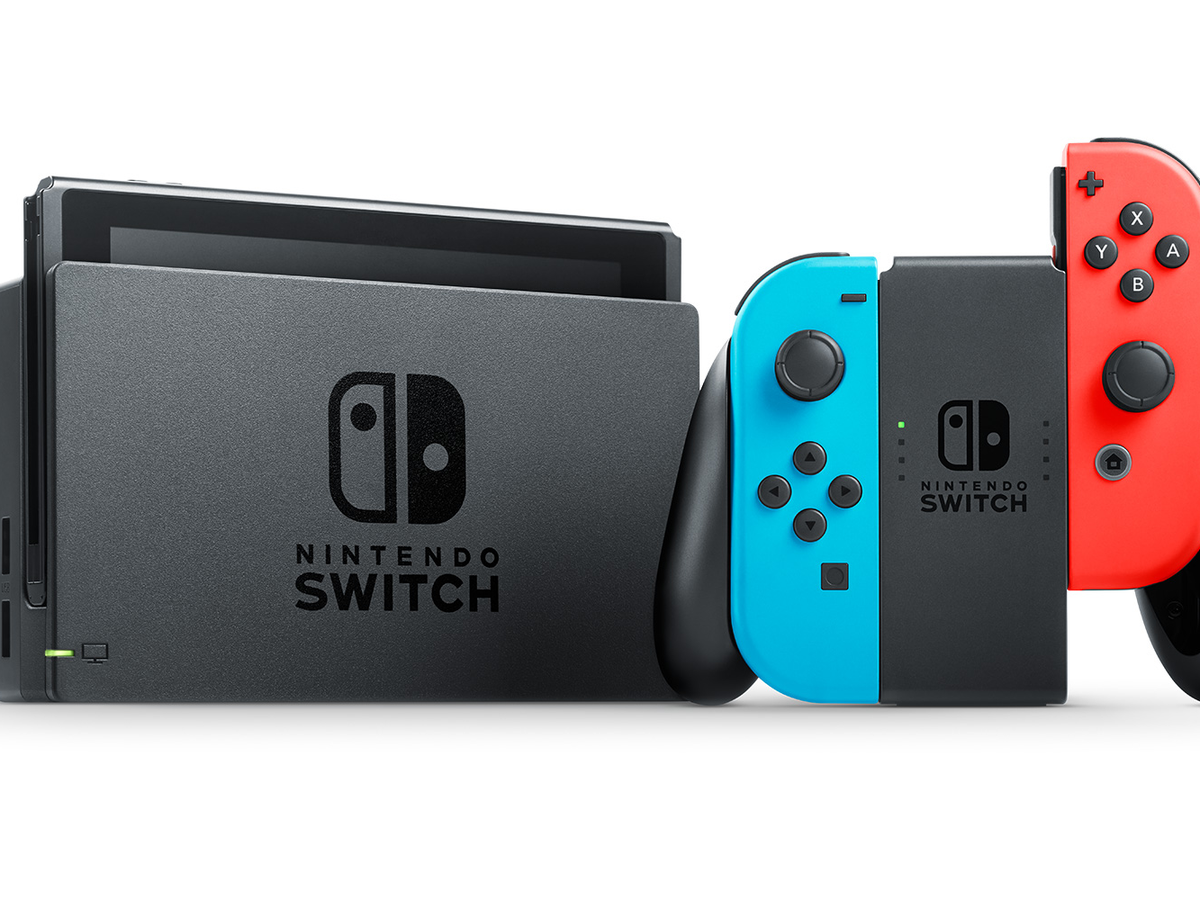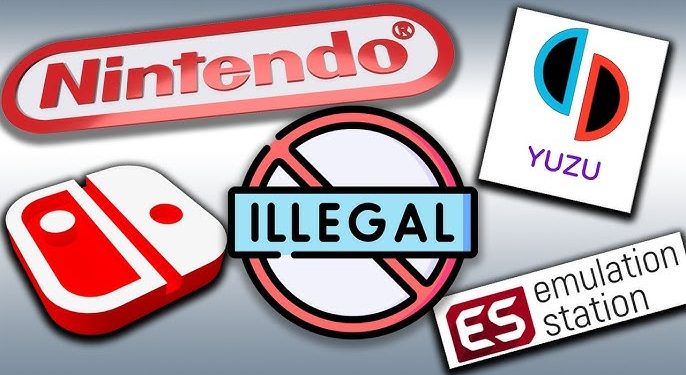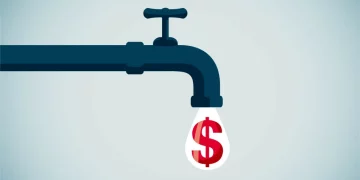Nintendo has launched a significant crackdown on YouTube accounts that feature gameplay of its titles through emulation, raising concerns about the future of content creation surrounding its beloved franchises.
In recent weeks, numerous creators have reported receiving copyright takedown notices from Nintendo, targeting videos that showcase classic games running on emulators. These actions have sparked debate within the gaming community regarding fair use and the implications for retro gaming enthusiasts and content creators.
Nintendo’s legal team has stated that this move is part of a broader strategy to protect its intellectual property and combat piracy. “Our games are crafted with care and passion, and we are committed to safeguarding our creations from unauthorized distribution,” a Nintendo spokesperson commented. “While we appreciate the enthusiasm of our fans, we must ensure that our rights are upheld.”

The company’s renewed focus on copyright enforcement has prompted backlash from gamers and content creators alike, many of whom argue that showcasing emulated gameplay can serve as a form of tribute to the original titles, often reigniting interest in older games. Some creators have expressed concern that these actions could stifle creativity and limit the way audiences engage with Nintendo’s extensive catalog.
“This is a huge blow for retro gaming culture,” said Ryan Moore, a prominent YouTuber known for his deep dives into classic games. “Many of us have built our channels around celebrating these titles, and it feels like Nintendo doesn’t recognize the positive role we play in keeping their legacy alive.”
The situation has also reignited discussions about the legality of emulation itself. While emulating games is legal in many jurisdictions, the act of distributing copyrighted games without permission is not. This has led to a gray area where content creators often tread carefully, trying to navigate their rights while showcasing gameplay.
In response to Nintendo’s actions, several gaming advocacy groups have rallied to support affected creators, emphasizing the importance of fair use in gaming content. “We encourage Nintendo to engage with its fan base in a more constructive manner,” said Alex Ruiz, a representative from the Gamers’ Rights Coalition. “Rather than resorting to aggressive legal tactics, the company could explore partnerships with content creators to promote its games.”

As this situation unfolds, many in the gaming community are left wondering how Nintendo’s approach will impact the way its games are celebrated and shared online. With a rich history of iconic titles, the company’s decisions will likely have long-lasting effects on the landscape of gaming content creation.
For now, creators are left to reconsider their strategies, balancing their passion for Nintendo’s games with the need to protect their channels from potential legal repercussions. As discussions about copyright and gaming continue to evolve, the relationship between Nintendo and its fanbase remains under scrutiny.












